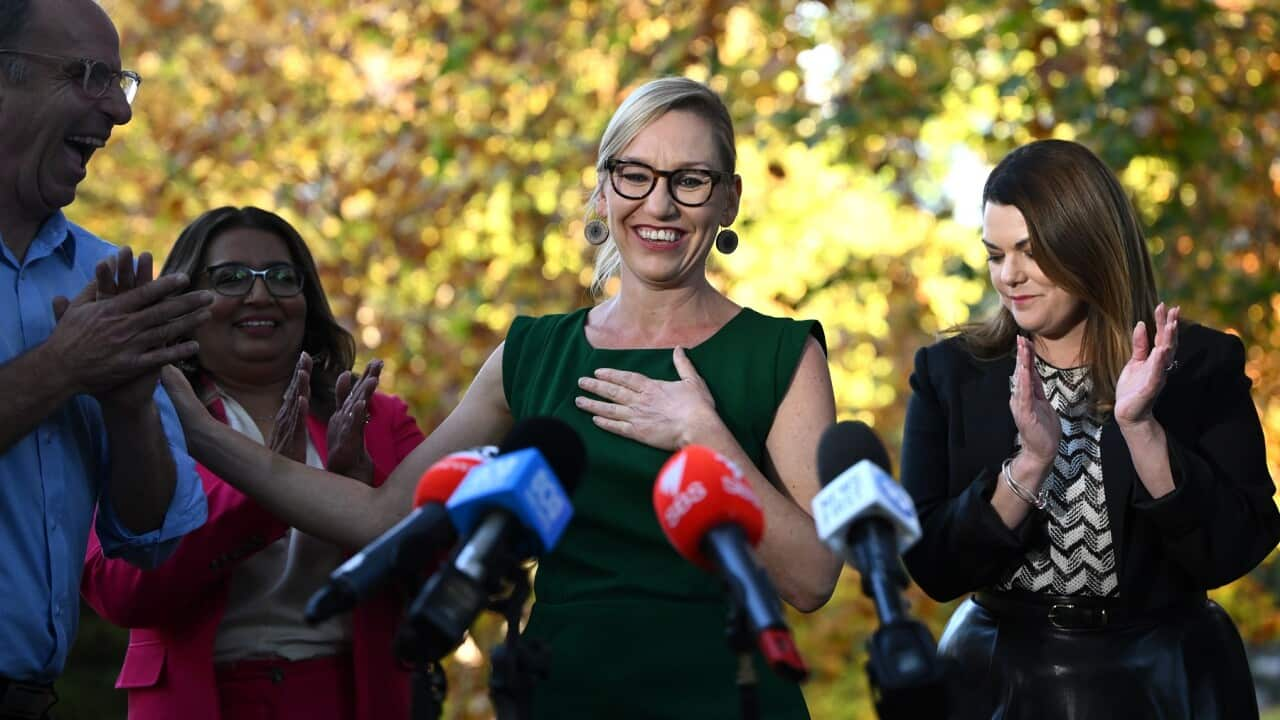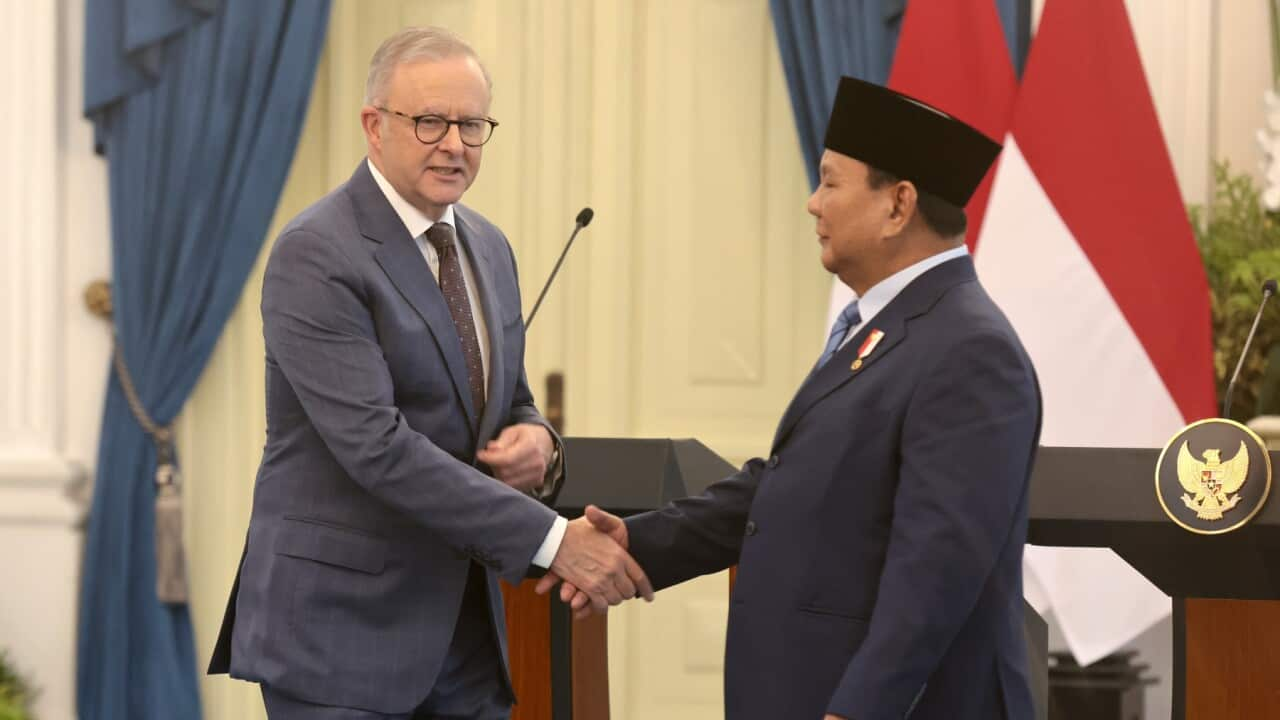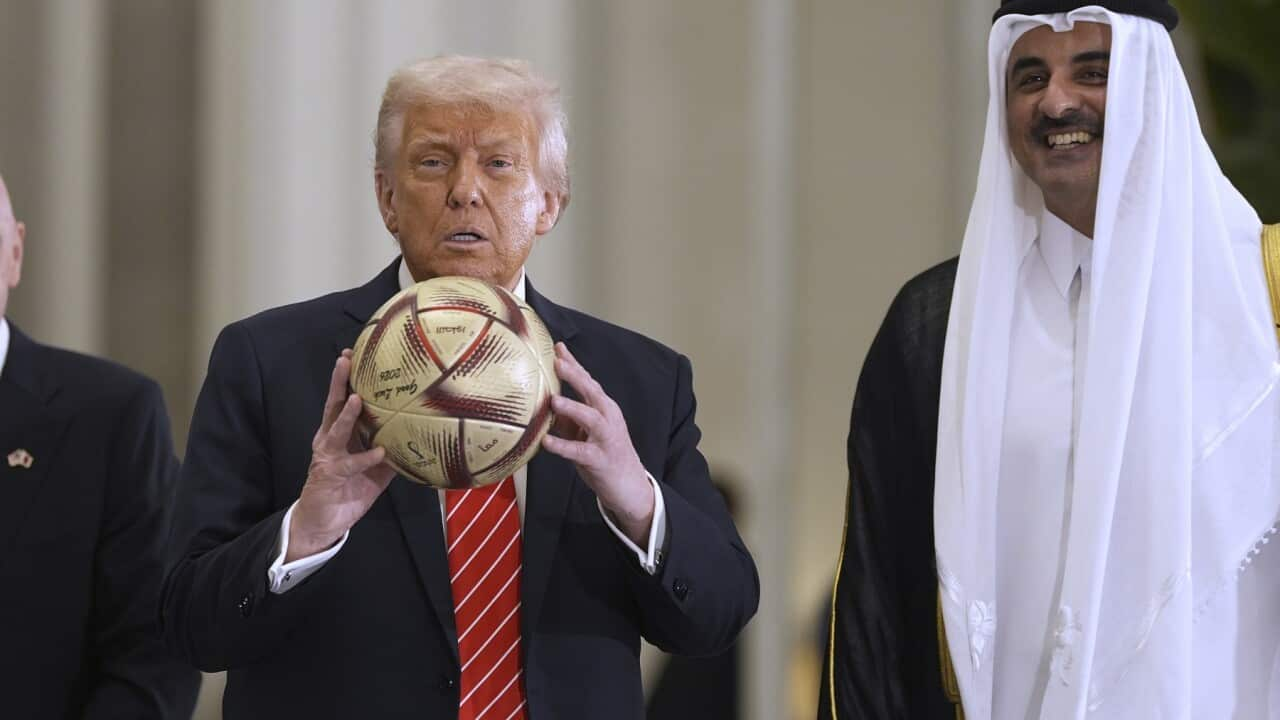TRANSCRIPT
"Today is a historic day. It brings to an end 14 years of legal battles. And finally, after 14 years of legal battles, Julian Assange can go home a free man. So it is a huge relief to Julian Assange, to his family, to his friends, to supporters, and to us and to everyone who believes in free speech around the world that he can now return home to Australia and reunite with his family. "
That was Jennifer Robinson, Julian Assange's longest-serving lawyer, celebrating the freedom of the Wikileaks founder.
A United States judge has pronounced Mr Assange a free man after a 14 year legal saga which saw him imprisoned in the United Kingdom for over five years.
This came after he pleaded guilty to one felony criminal charge of obtaining and publishing US military secrets in a new plea deal.
Based on the agreement made with the court, Assange was sentenced to 62 months of jail time, which he had already served during his incarceration in the UK.
He is now returning to his home country of Australia where he'll be greeted by his family.
His wife and the mother of his two children, Stella Assange, who first met Julian as a member of his legal defence, says it's difficult to believe.
"I feel elated, I also feel worried you know, because I'm so used to this. But it looks like we've got there and Julian's free so, I'll really believe it when I have him in front of me and I can hug him and then it will be real, you know."
The sentencing occurred in a federal court in Saipan, the capital of the Northern Mariana Islands, a US commonwealth in the Pacific.
The 52-year-old Australian journalist has spent years fighting extradition to the US over espionage charges related to the release of hundreds of thousands of classified US documents that detailed U-S military wrongdoing in Iraq and Afghanistan.
Assange was initially facing multiple charges which could have seen him face a sentence of up to 175 years in prison.
But his lawyer, Jennifer Robinson, says it was thanks to international support as well as the diplomacy of Prime Minister Anthony Albanese that Assange has been freed at last.
"I want to thank our Prime Minister Anthony Albanese for his statesmanship, his principled leadership and his diplomacy which made this outcome possible. It was as leader of the opposition that he said 'enough is enough, there is nothing to be served by Julian's continued incarceration. He raised it at the highest level at every opportunity and when Australian officials were making outreach to the U-S, they knew they were acting with the full authority of the Prime Minister of Australia. It was his intention that this be done and we wouldn't be here today without the Prime Minister of Australia's support, so I want to thank Prime Minister Anthony Albanese."
Prime Minister Albanese responded to the news of Assange's freedom in parliament.
"Julian Assange is on his way home to Australia now, regardless of your views about his activities, and they will be varied, Mr. Assange's case has dragged on for too long and I am pleased that he is on his way home to Australia to reunite with his family here. Over the two years since we took office, my governor's engaged and advocated, including at leader level to resolve this. This is what standing up for Australians around the world looks like. It means getting the job done."
US Ambassador to Australia Caroline Kennedy says in a statement that the "longstanding and difficult case" has come to a close and "the United States is grateful to the Government of Australia for their commitment and assistance throughout this process."
Holly Cullen, adjunct professor of law at the University of Western Australia, says the pressure likely turned the tides on the US government's prosecution strategy.
"Pressure from the Australian government was important. At some point, I think again towards the end of last year, the beginning of this year, the calculation tipped towards taking the Australian advocacy very seriously. And that it was more likely that this case would end with some kind of deal rather than a full court process, which could extend for years in the future, which was in nobody's interest."
Inside the courthouse in Saipan, Assange answered the judge's questions and appeared to listen intently as terms of the deal were detailed.
Addressing the court, Assange said he believed the Espionage Act, under which he was charged, contradicted First Amendment rights but that he accepted that encouraging sources to provide classified information for publication can be unlawful.
Ms Cullen says the fact that the US government still achieved a successful prosecution of Julian Assange means that journalists may still be vulnerable to being charged under the controversial Espionage Act.
"Although there hasn't been a court judgment on whether this is an appropriate use of the American Espionage Act to prosecute journalists, the fact that they can now point to this as a successful prosecution, at least in some respects, means that there is no deterrent against them making similar prosecutions in the future."
Meanwhile, Stella Assange says her, Julian and her children will enjoy a chance to rest and rebuild after the lengthy legal saga.
"I don't know what happens next, I think that Australia is a very good place to regain your health and sanity, I think that goes not just for Julian but for me as well, it's been a rough, very rough few years and we need some time to be able to move into the next chapter."
Julian's dad John Shipton says he hopes his son will have a chance to experience the simple joys of freedom.
"I hope he does ordinary things. I hope he takes the kids for a walk along the beach in winter and feels the cold sand run up through his toes, or watch the wattle bloom in the end of July. That's what I hope, that to live the beauty of an ordinary life before the time has all gone with the little kids. And you don't get anything else on this place. You might think that you've done well to turn up in a Ferrari but your relationship with your loved ones is the essence of being."













